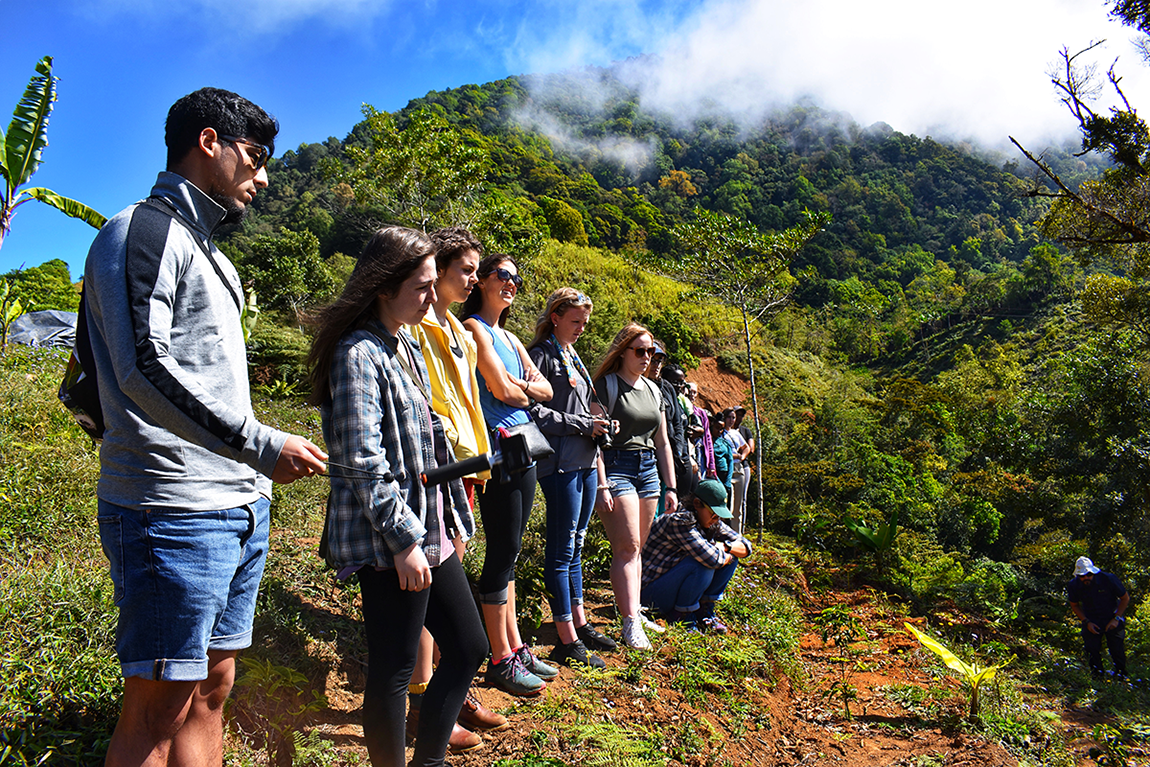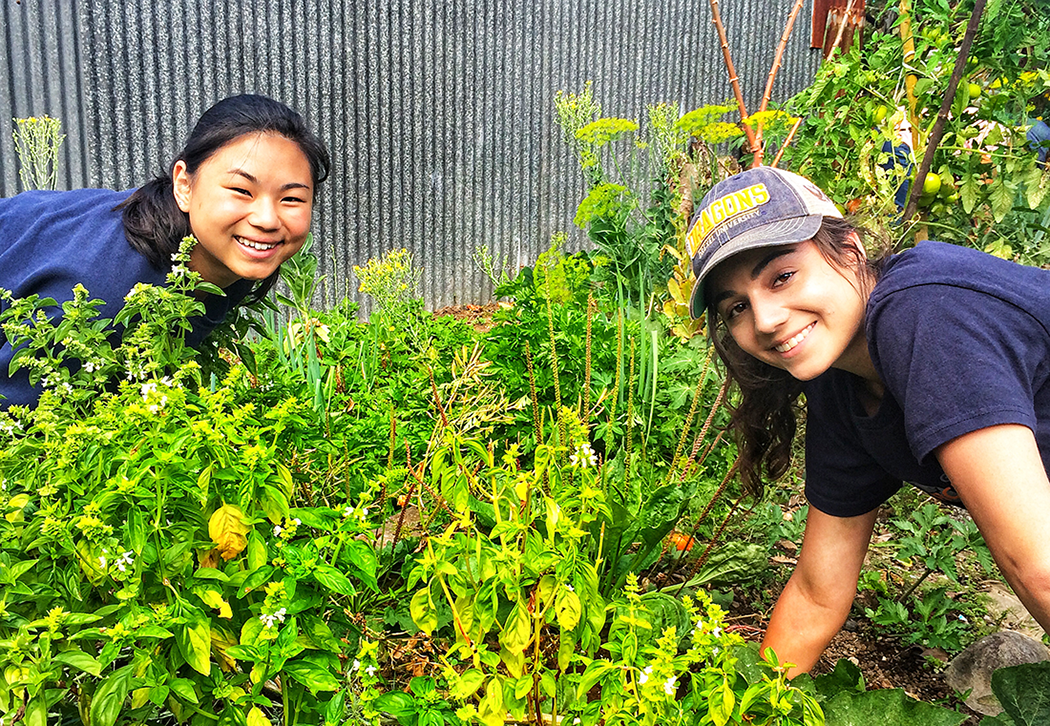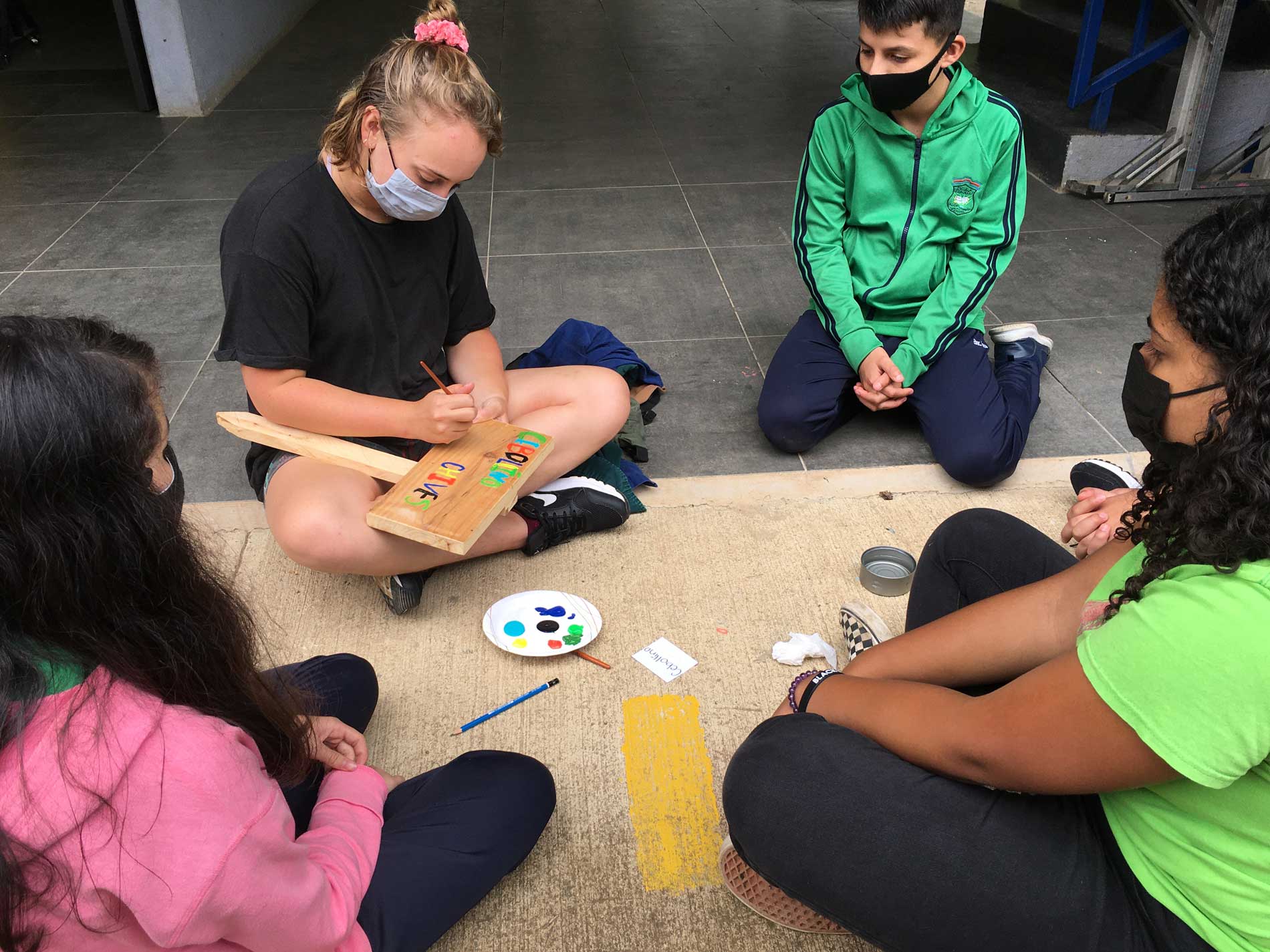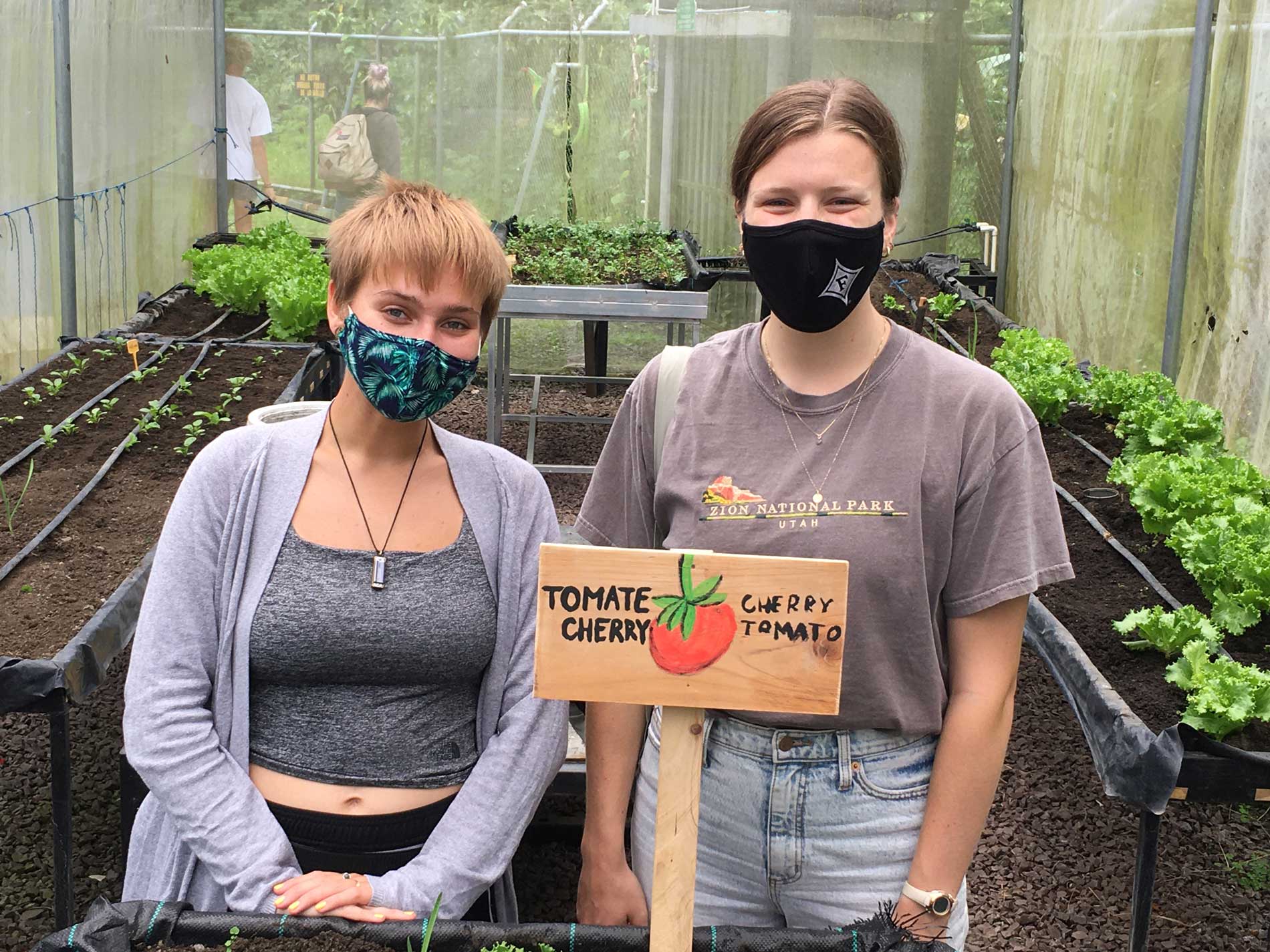Practical Approaches to Sustainability in Latin America
Everyone speaks of sustainability but do we know what it takes to achieve it? What does it mean for our daily life?
In this hybrid program, we will explore ideas and experiences developed in Latin America to reach sustainability. We have redesigned two online courses: “Sustainable Urban and Rural Development in Latin America,” and “Responsible and Sustainable Tourism.”
We have also designed a fascinating twelve-day field experience at Finca La Flor in Costa Rica, where students will be able to learn and share the life of a sustainable agro-ecological community. This program will provide students with valuable knowledge and tools for action to help them face the challenge of sustainable living.Everyone speaks of sustainability but, have we seen it in action? Do we know what it t
Sustainable Development in Rural and Urban Latin America
This course explores the dynamic context of Latin America and its focus on finding solutions for sustainability. Urban and rural development issues and cases are discussed with special interest on the innovating example of Costa Rica and its many established and emerging sustainable development policies and practices. Costa Rica will be compared regionally while giving students a chance to appreciate and use the key Indicators for identifying progress and pitfalls in sustainability. It is designed to provide historical understanding as well as the current context surrounding urban and rural development.
This is a distance learning and online course, yet uniquely, students will be introduced to the professor’s own sustainability story whilst taking them on a journey to appreciate and critically explore broad sustainability systems thinking, from the macro to local level. Then finally, in the inspiring setting of Finca La Flor students will be introduced to local projects and encouraged to participate in the growth of sustainability, both during your time with us and beyond. We hope to help motivate future sustainability professionals and guardians of the environment, and Costa Rica with its diverse environmental management experience and abundant natural beauty is the perfect place to do so.
Responsible and Sustainable Tourism
We humans like to travel. Throughout history our species has moved from place to place, for discovery and exploration; for relocation and colonization; or simply out of curiosity. We love to travel but as global citizens, we need to do it responsibly and sustainably. How do we lower our footprint? How to choose our destinations and select our accommodations? What are the most sustainable means of transportation available? What should we eat and how should we behave to be responsible travelers?
At ICDS we have prepared this online course, set within the Costa Rican context, with case studies based on the country’s unique model of sustainable tourism. We explore the concept of responsible tourism, which seeks to minimize negative impacts and improve host communities’ well-being. We also highlight some of the most universal features of tourism, such as global standards for ethical and responsible travel, and discuss local and international efforts towards sustainable tourism. Finally, we look at COVID-19’s impacts on travel and explore adaptations implemented throughout the world.



